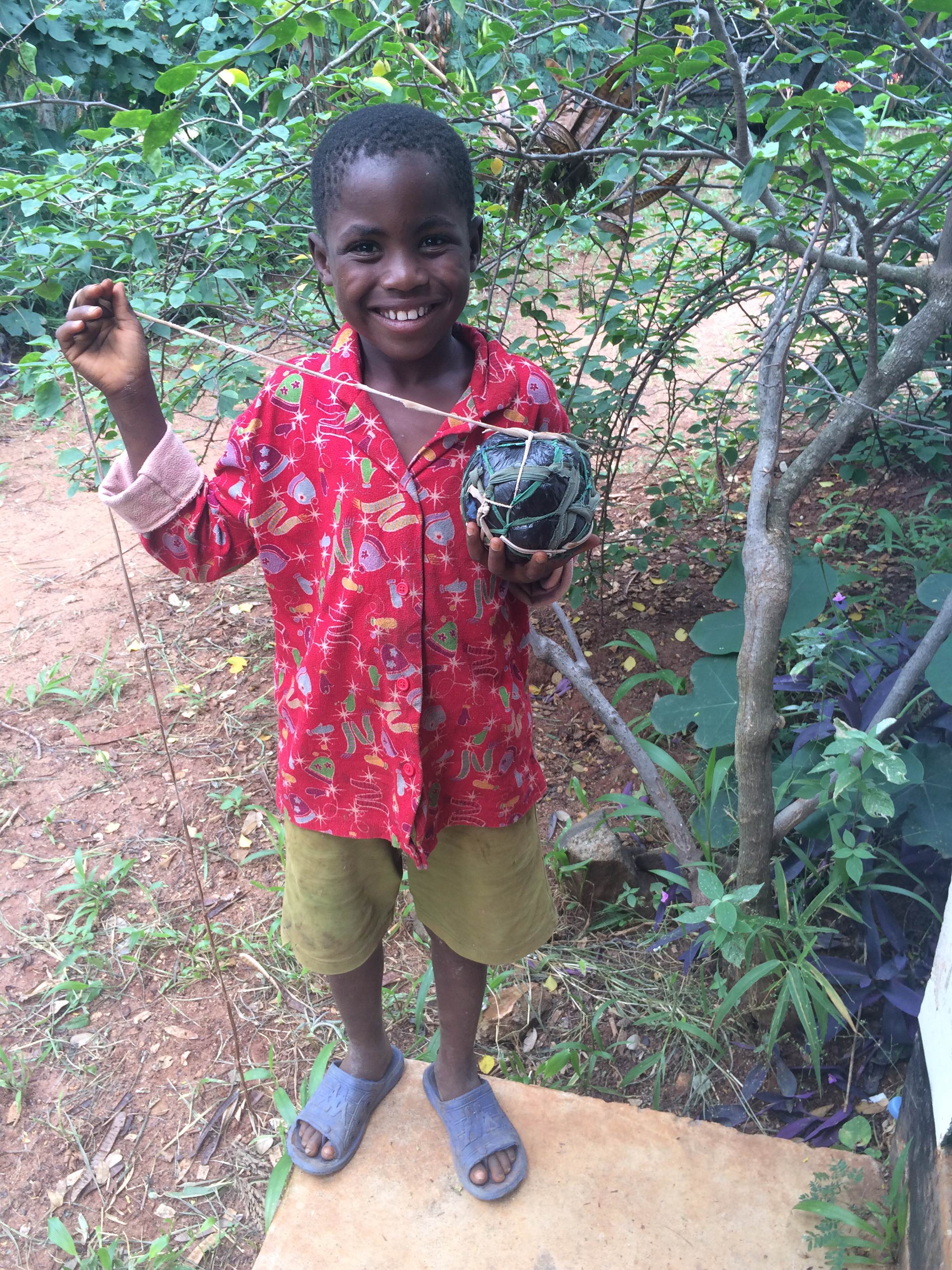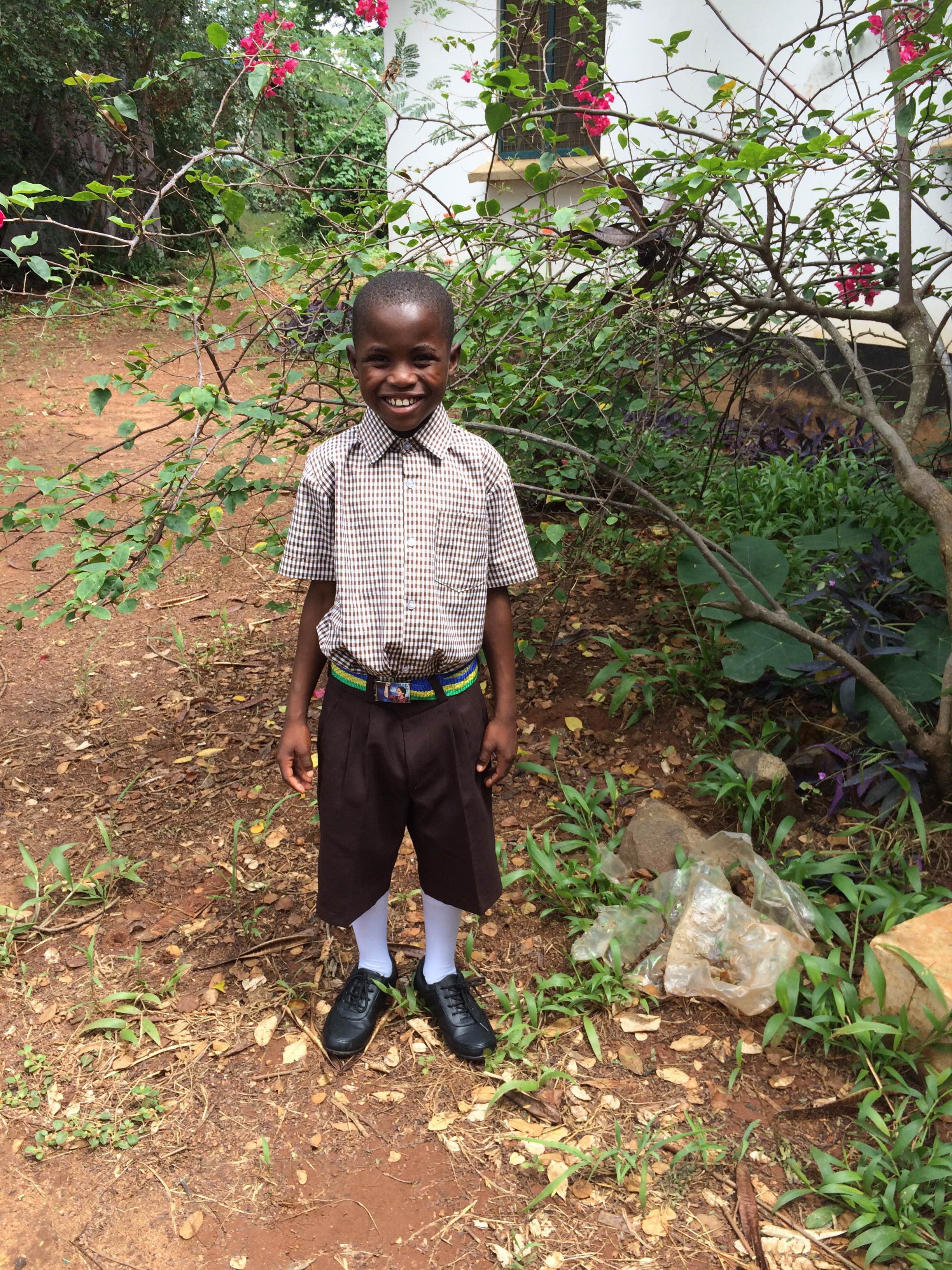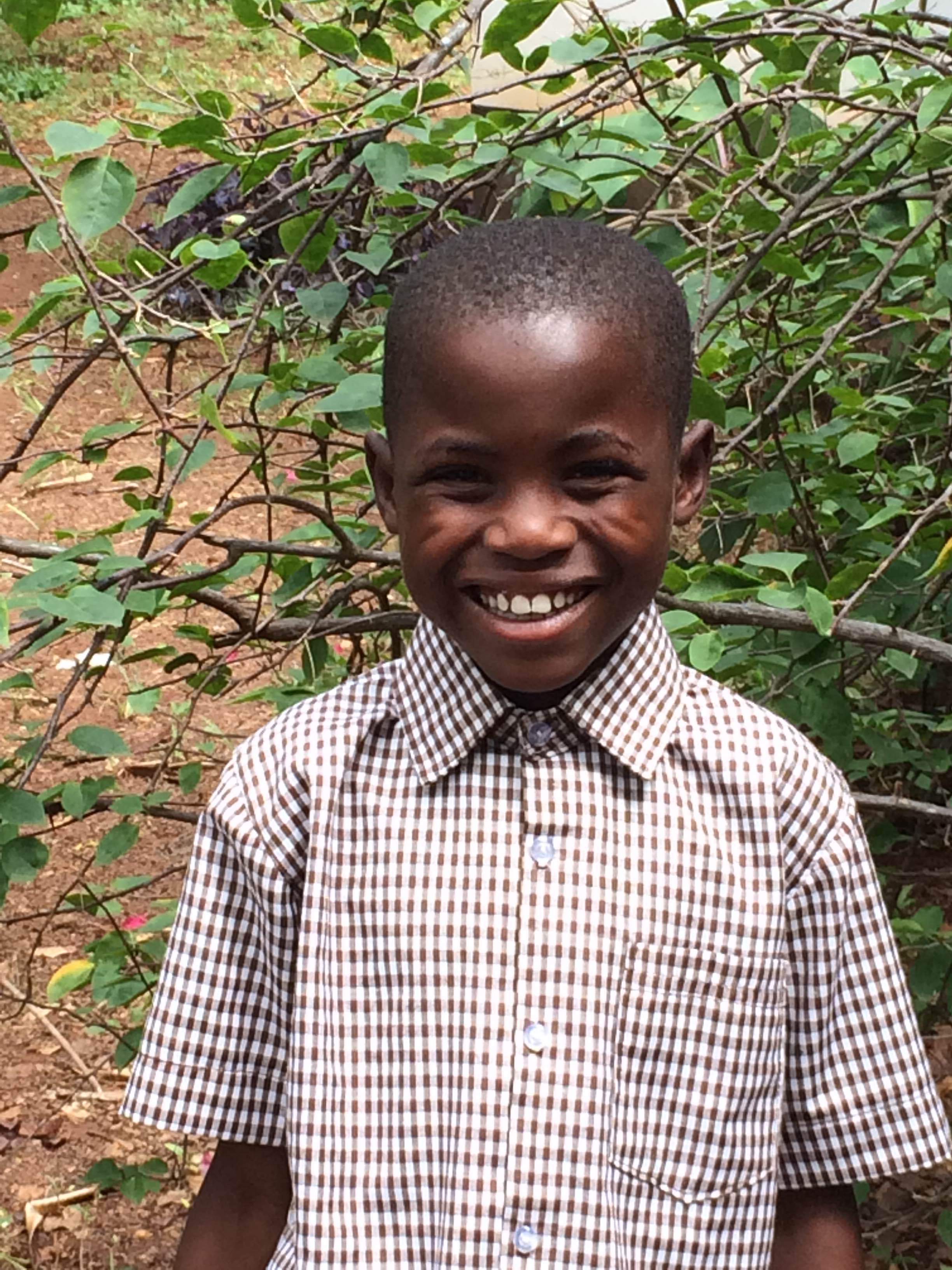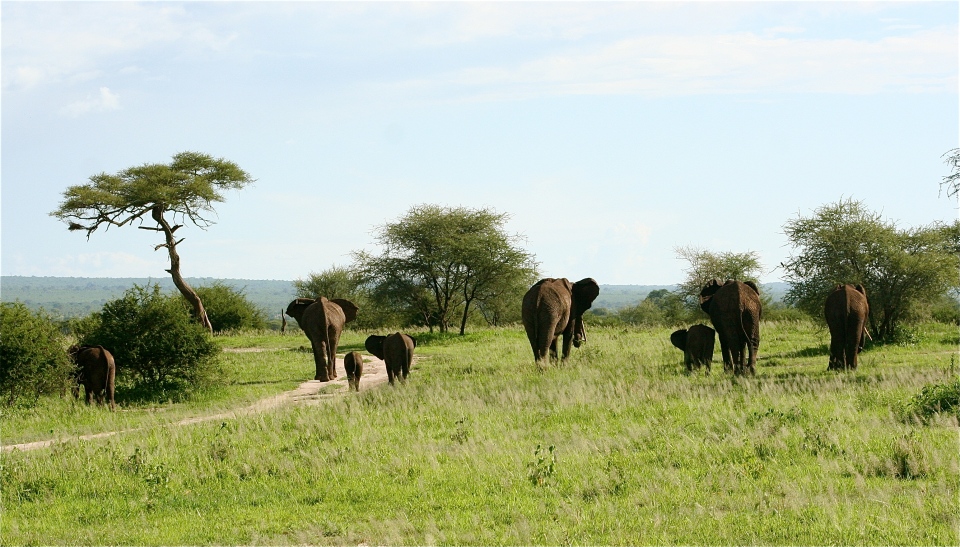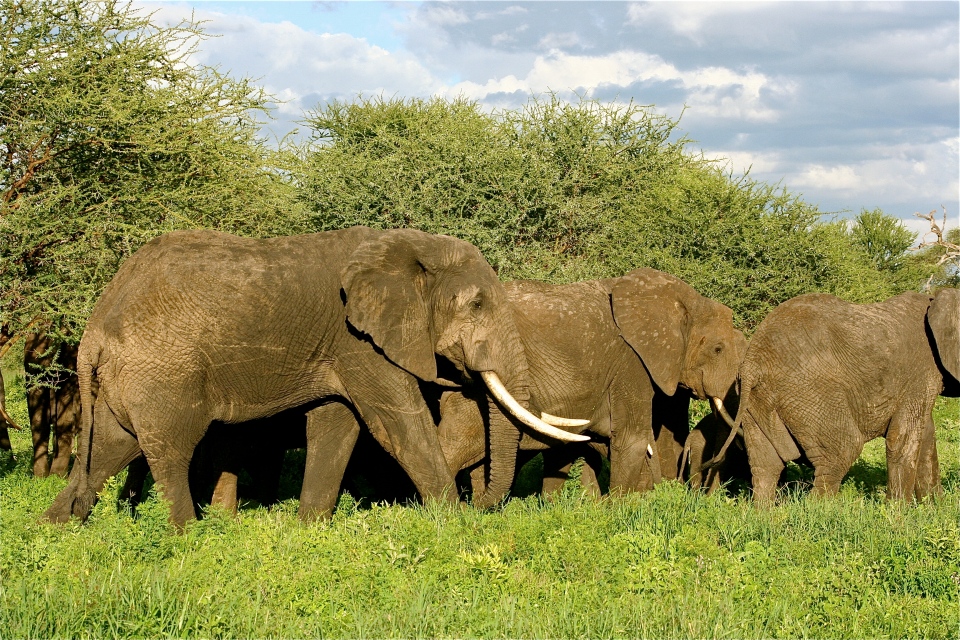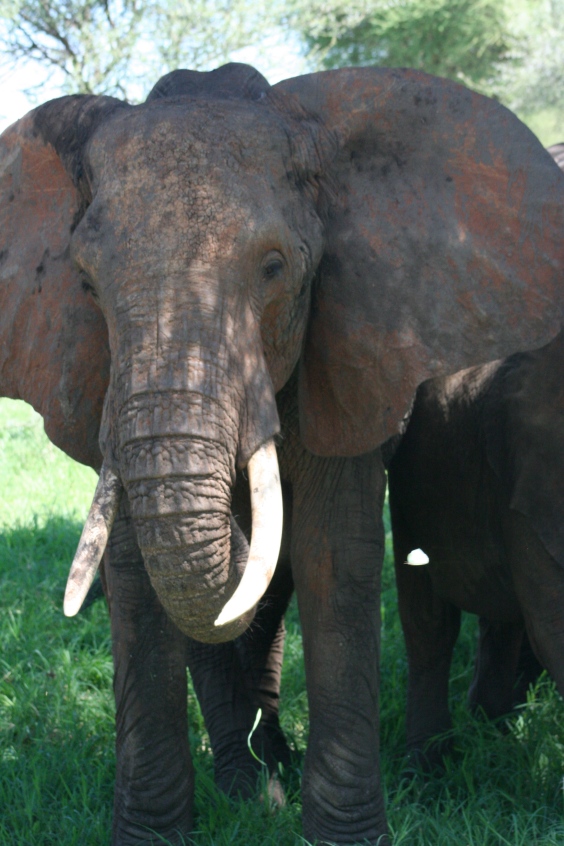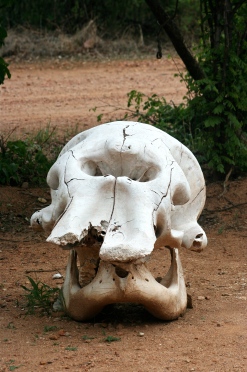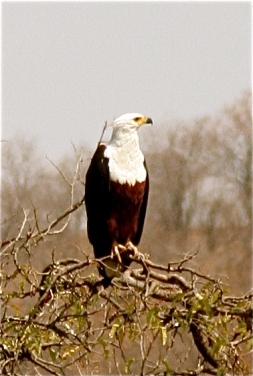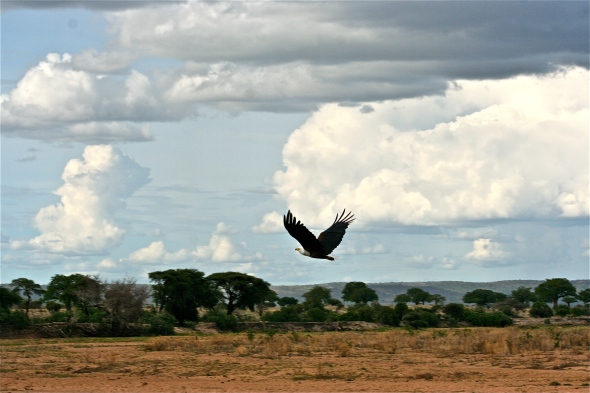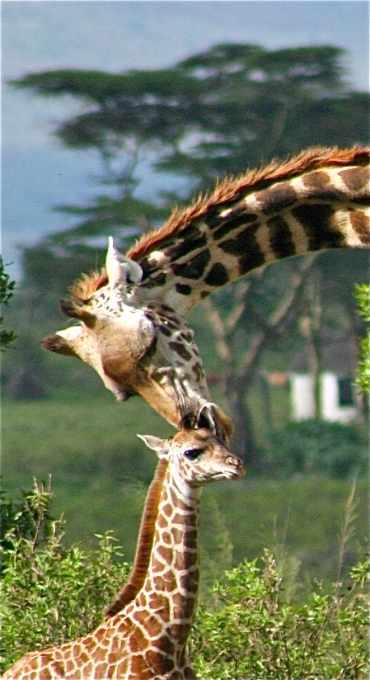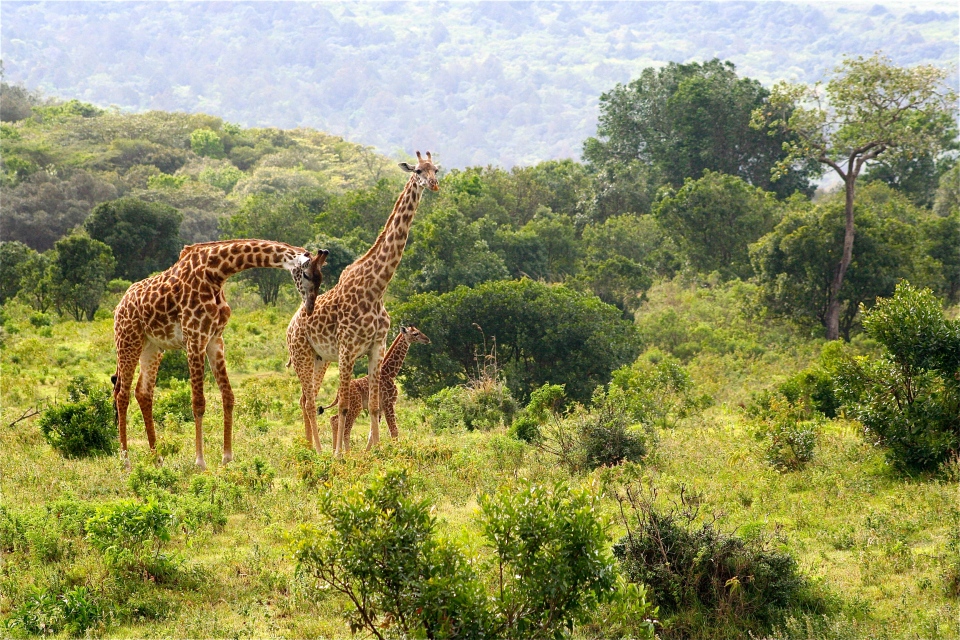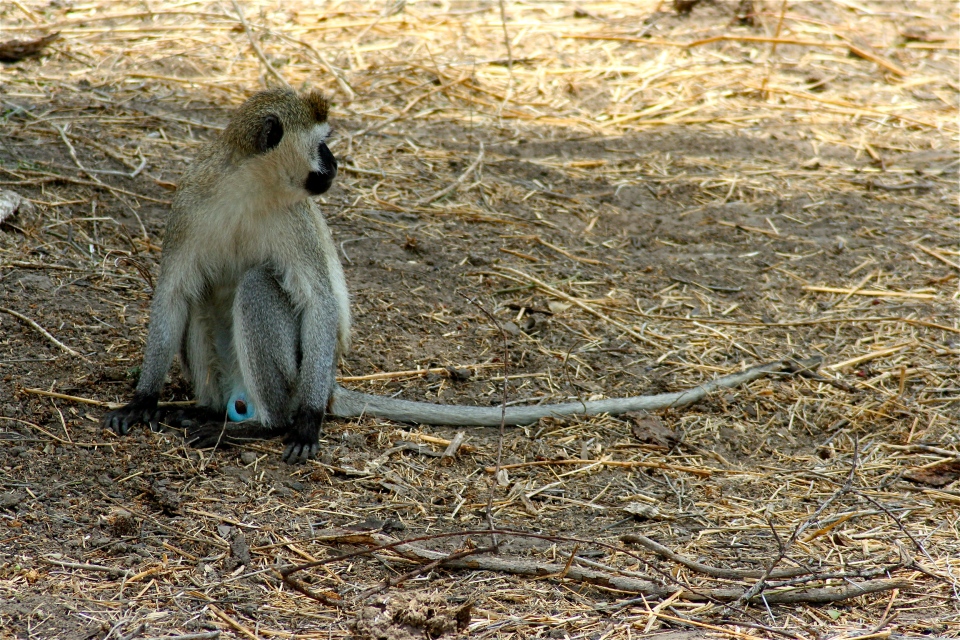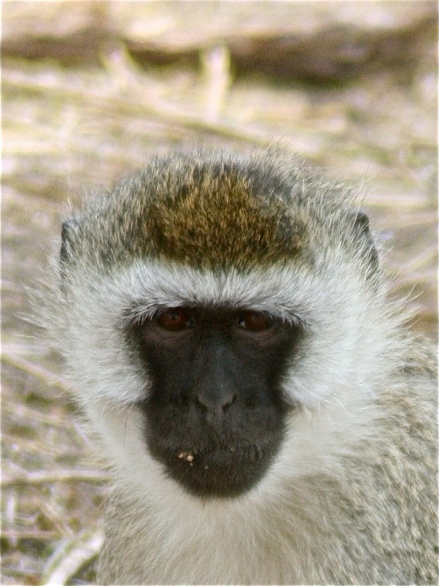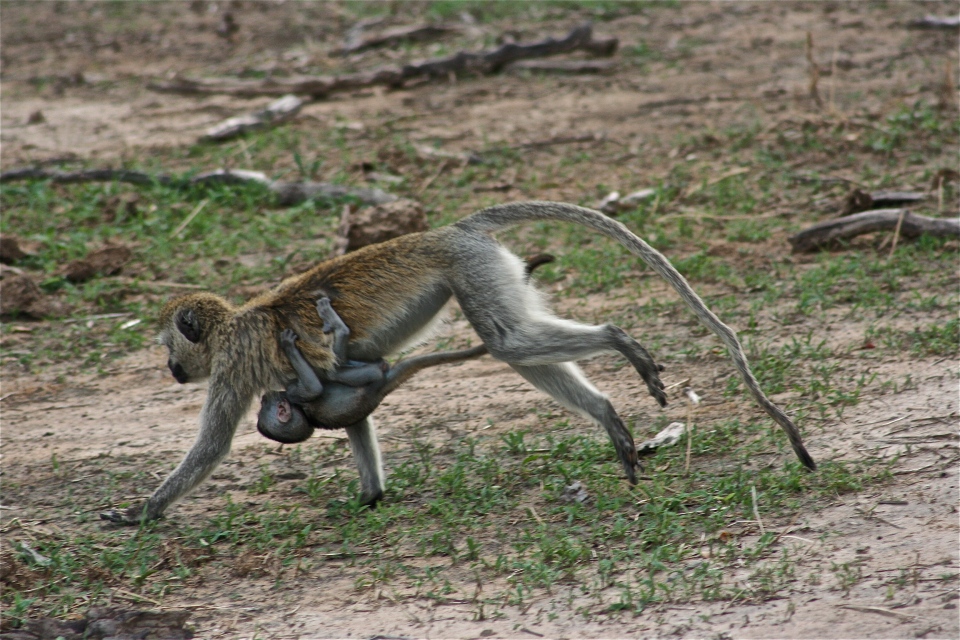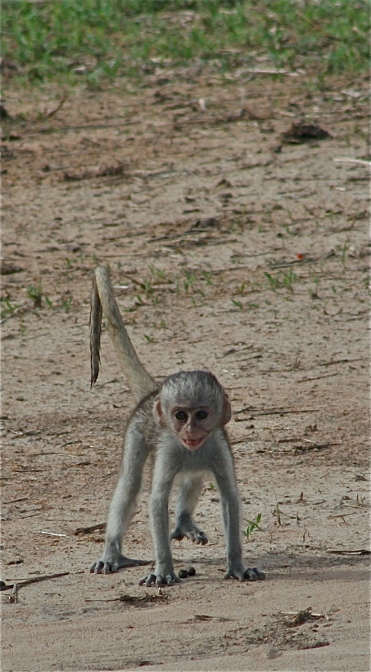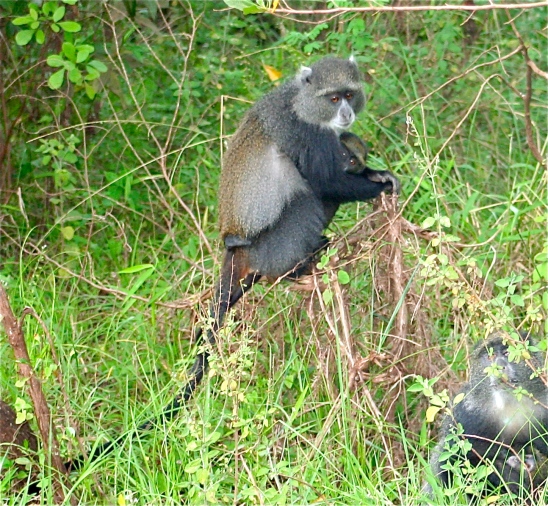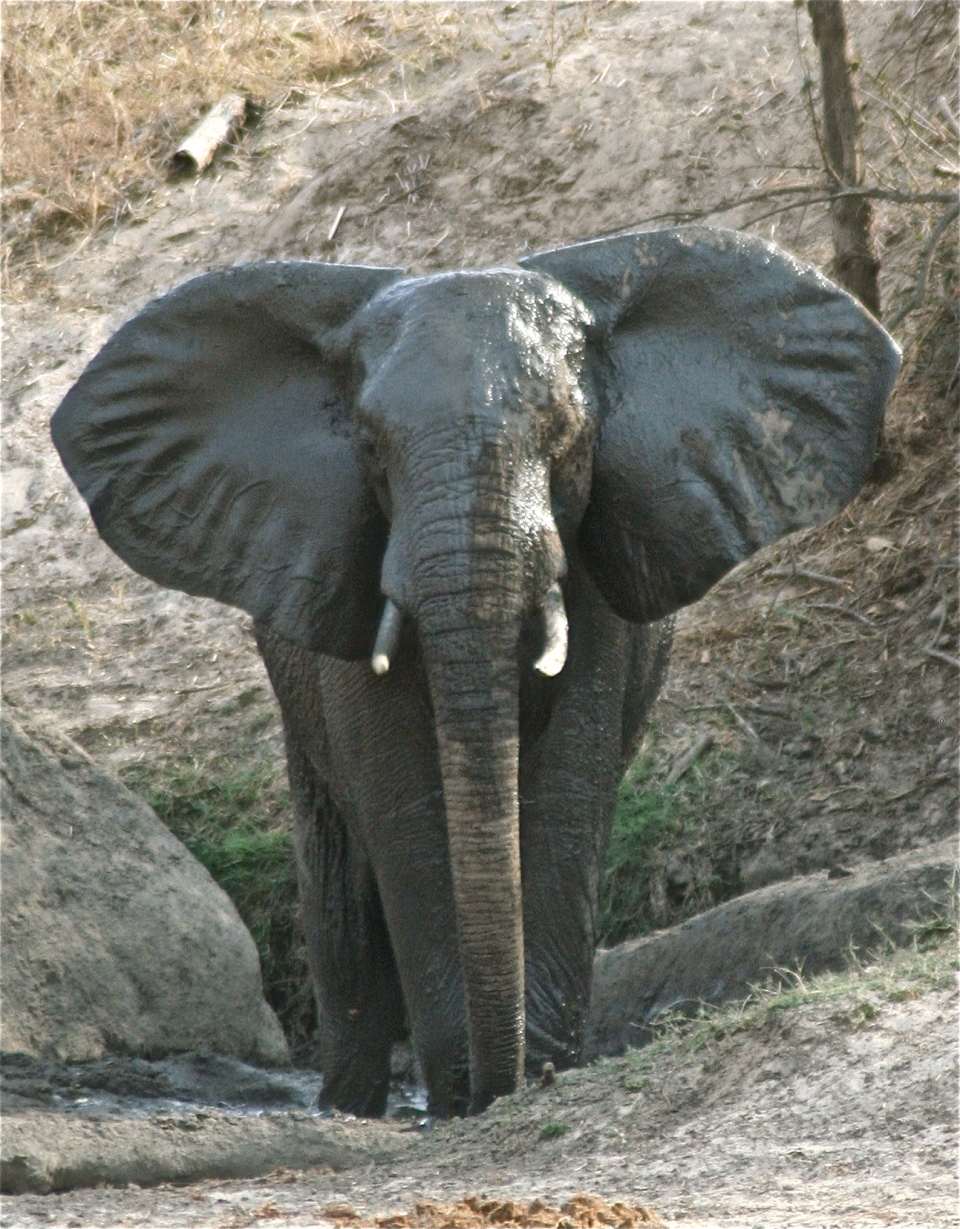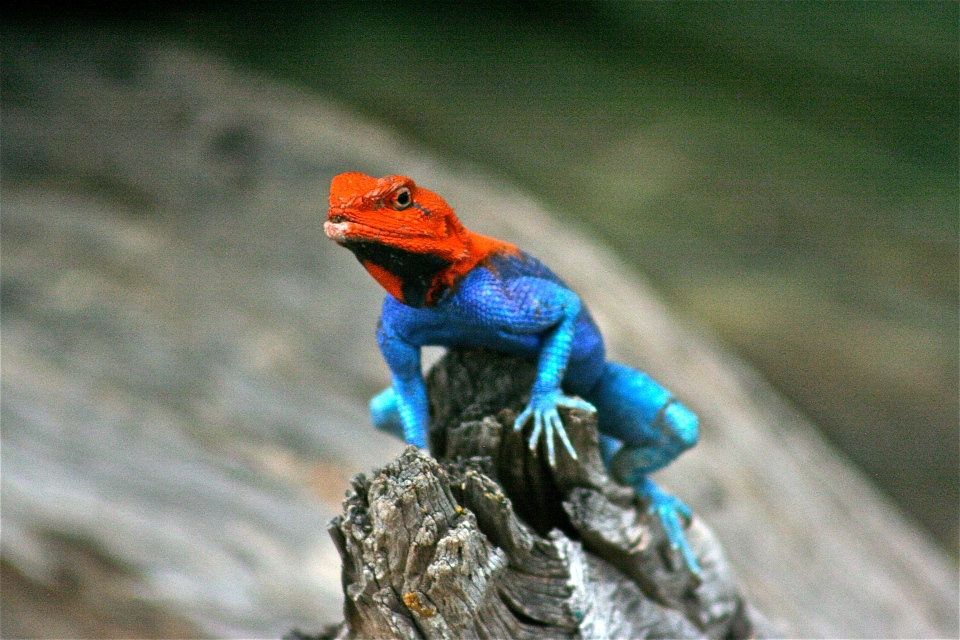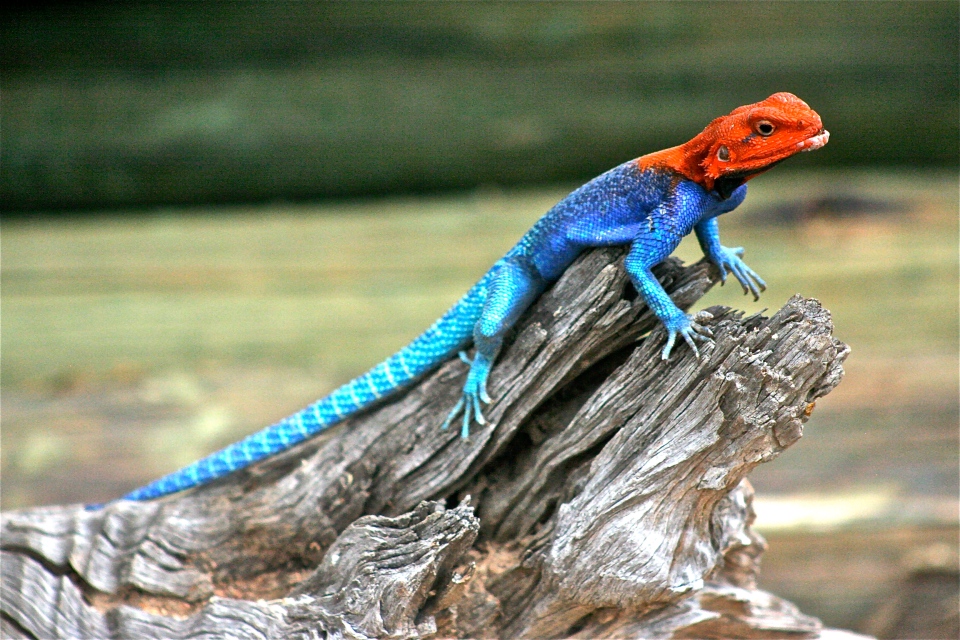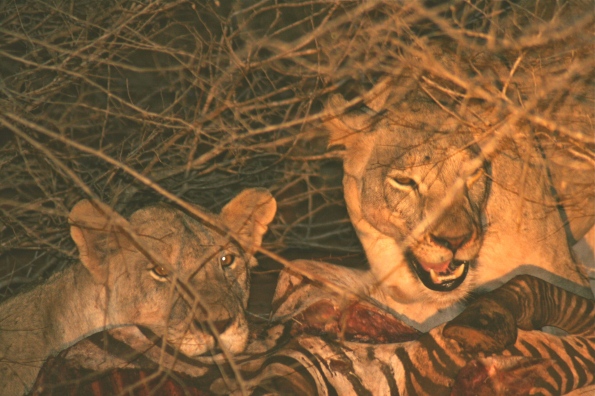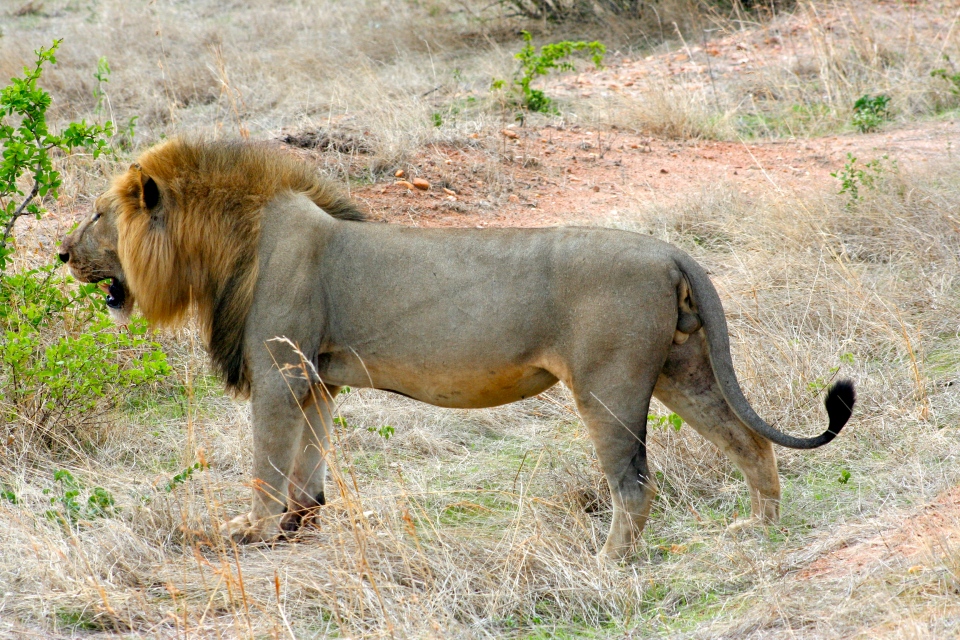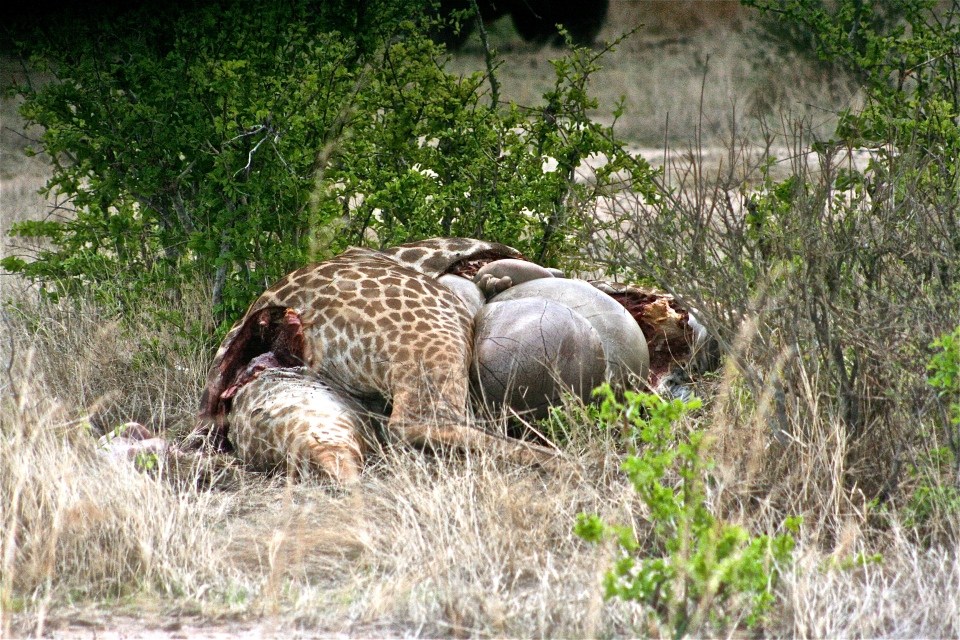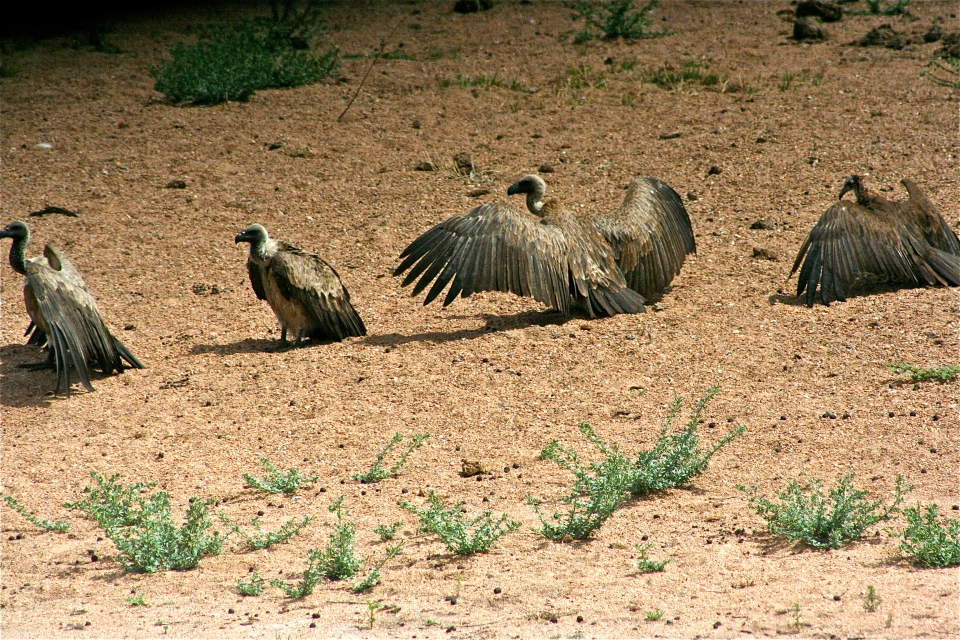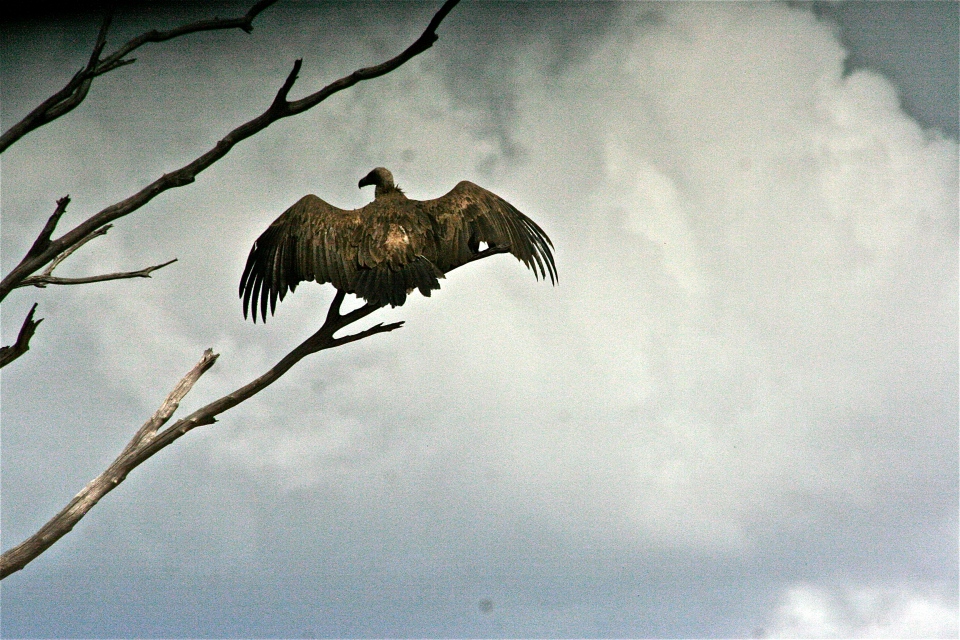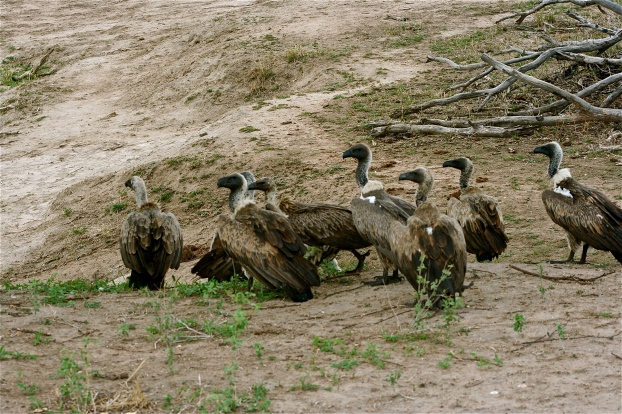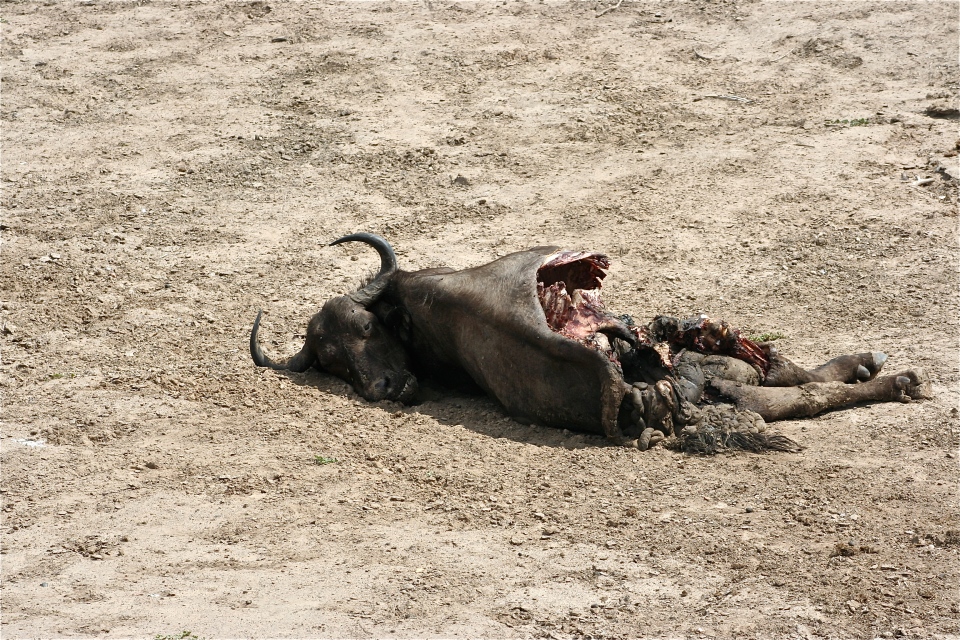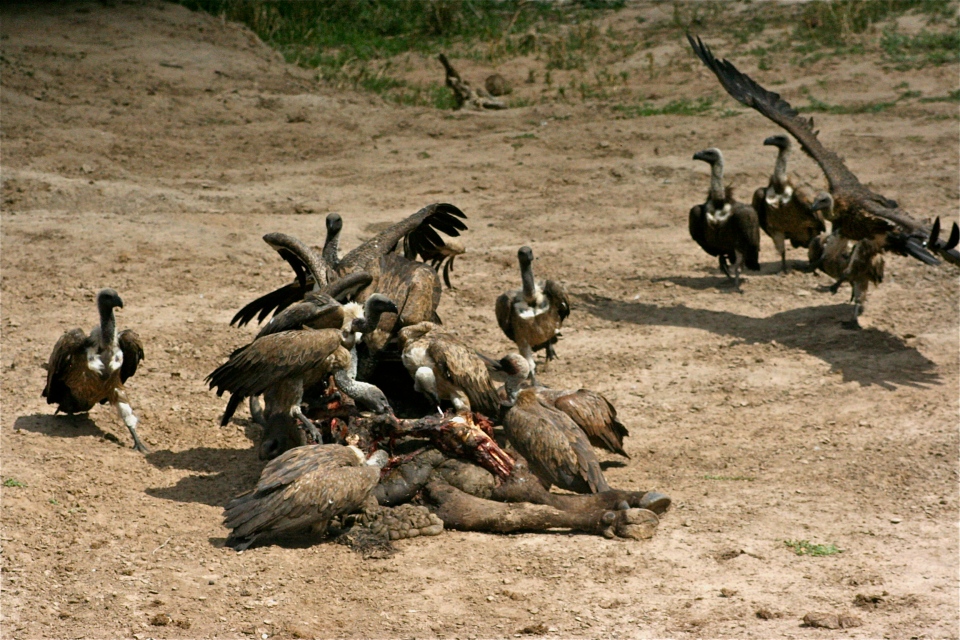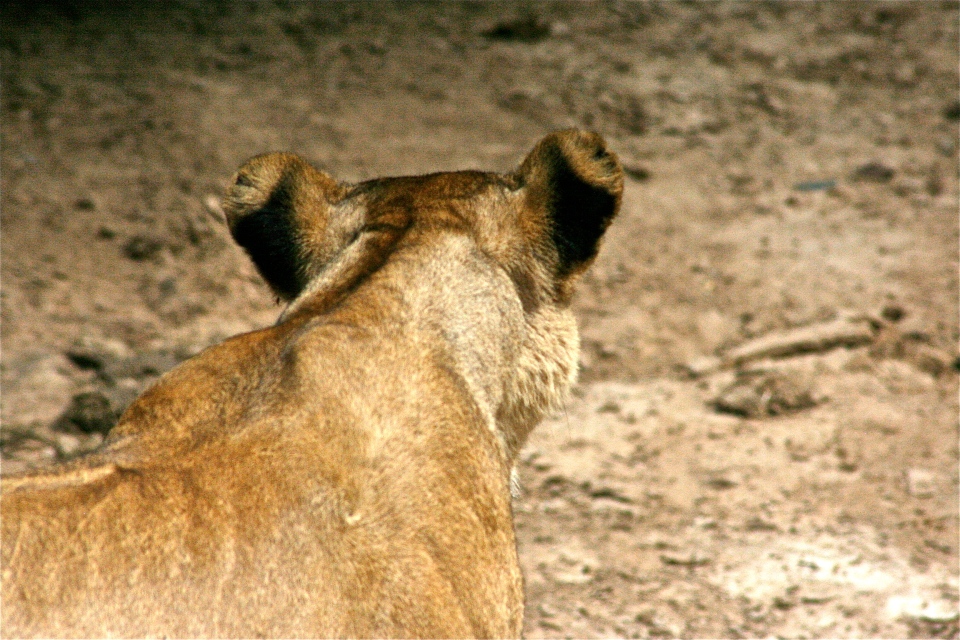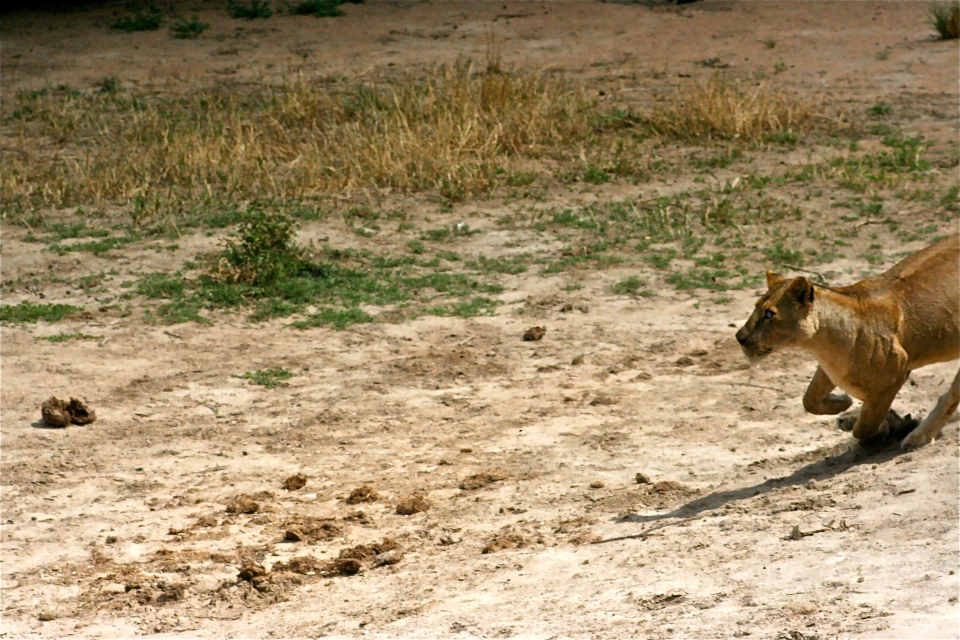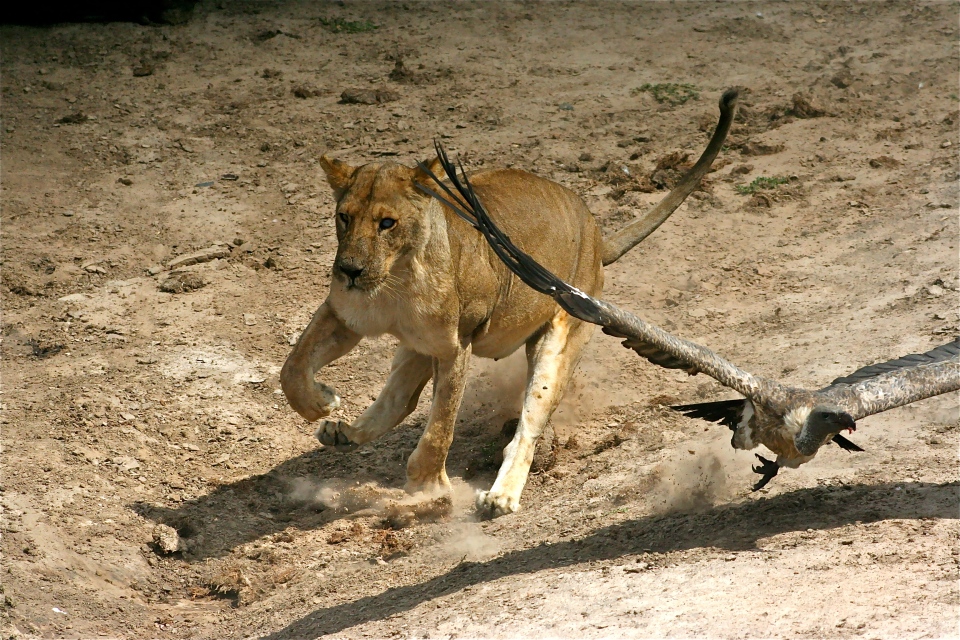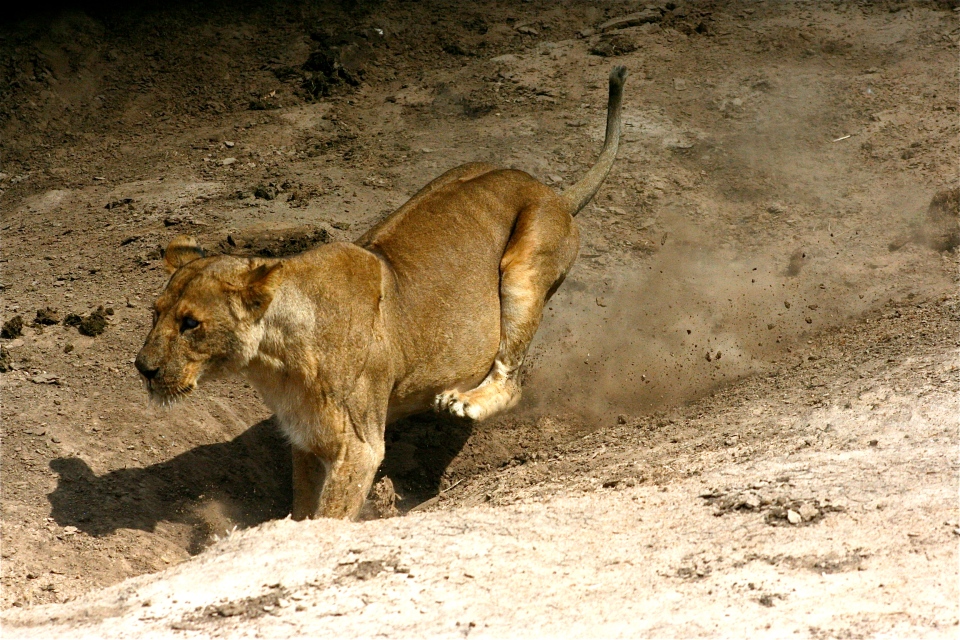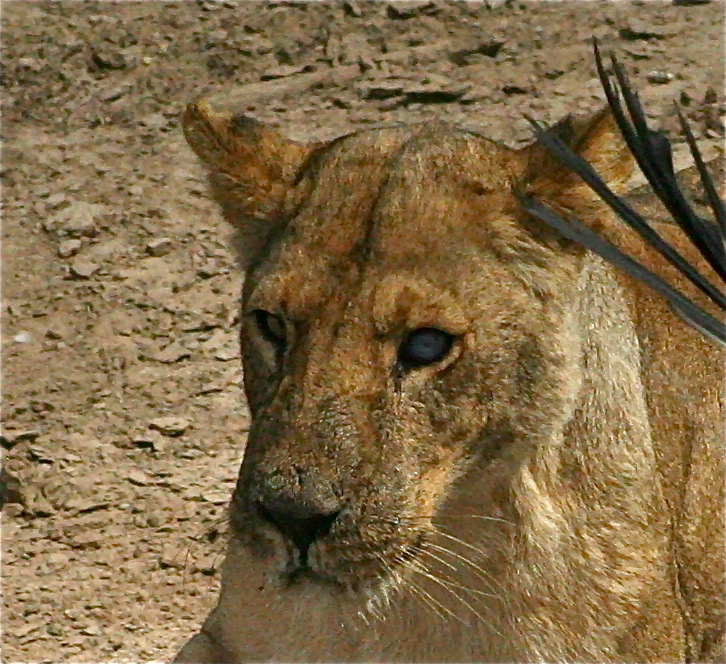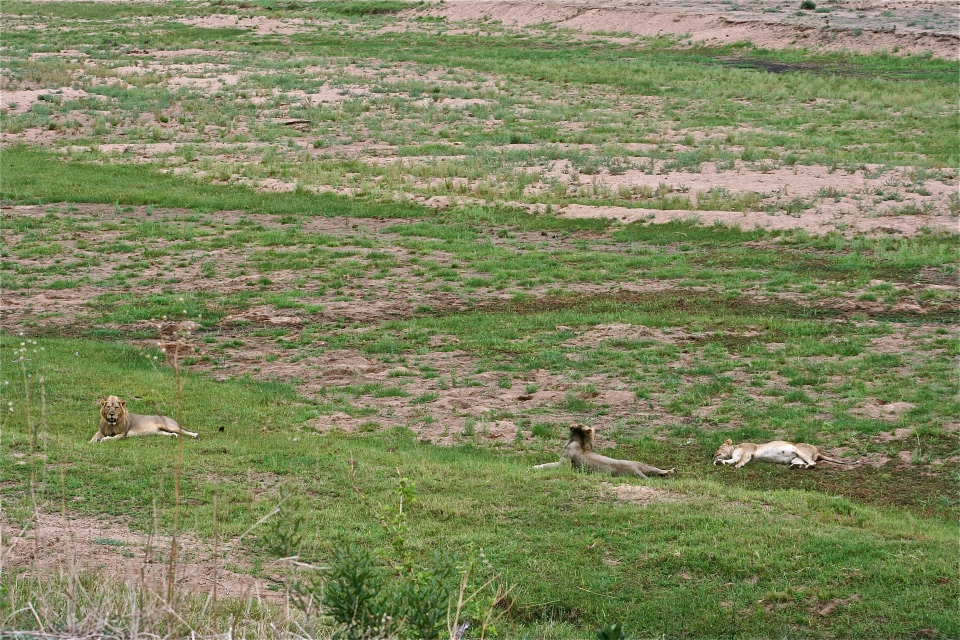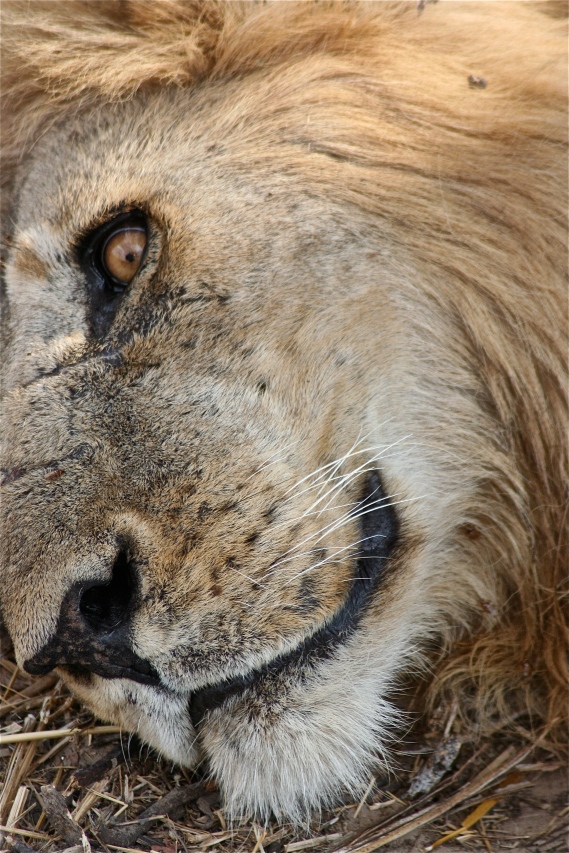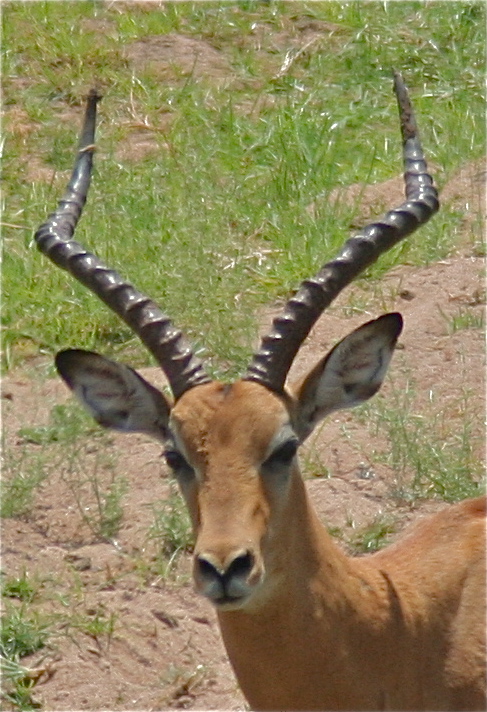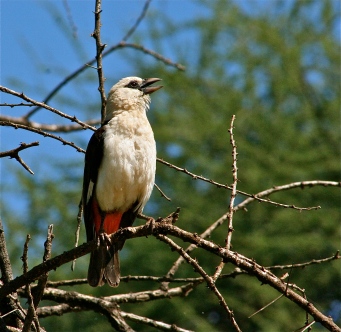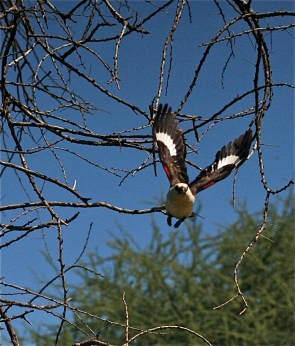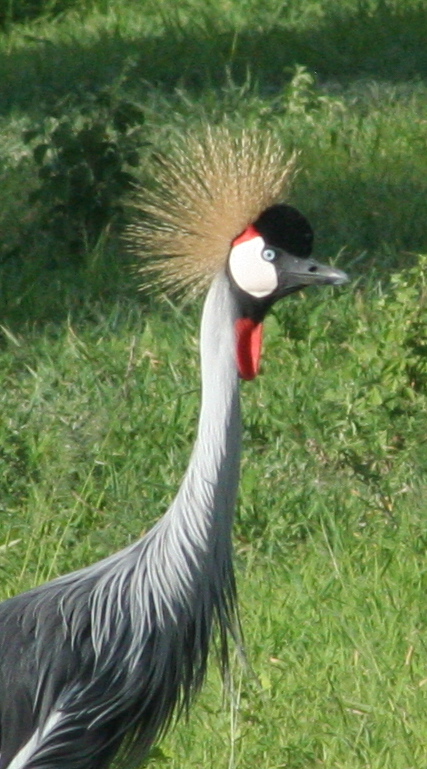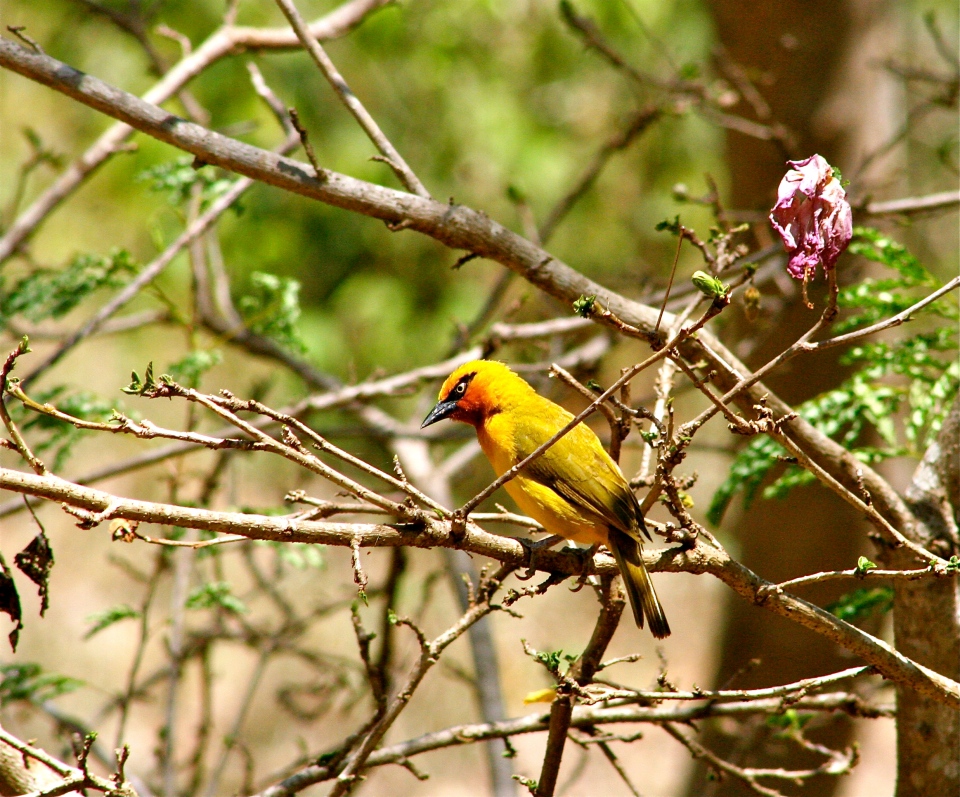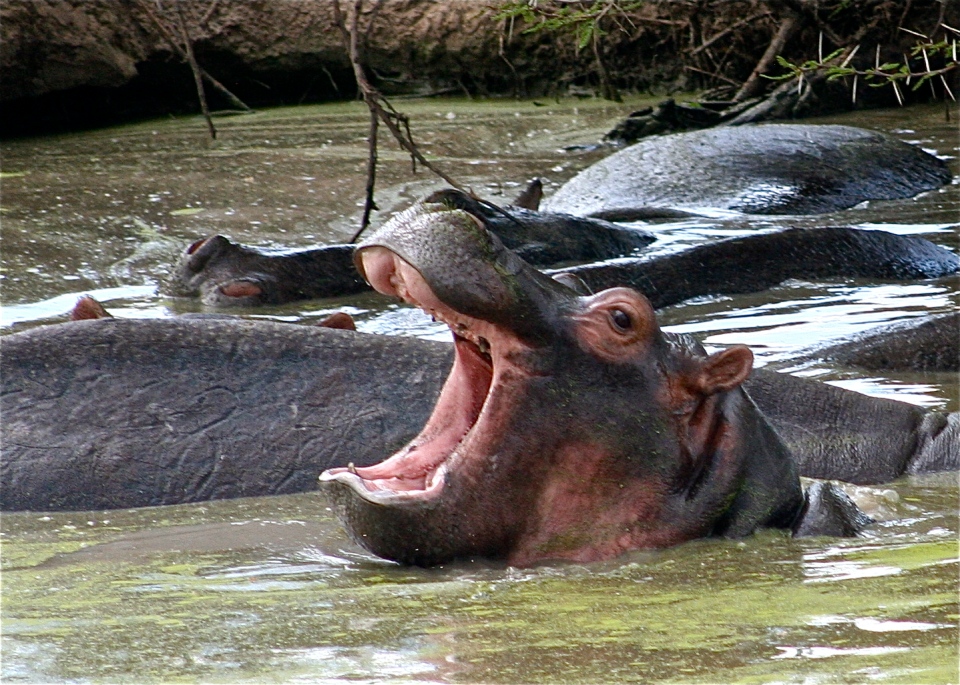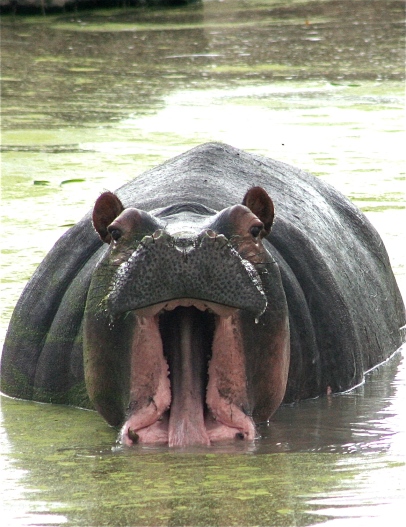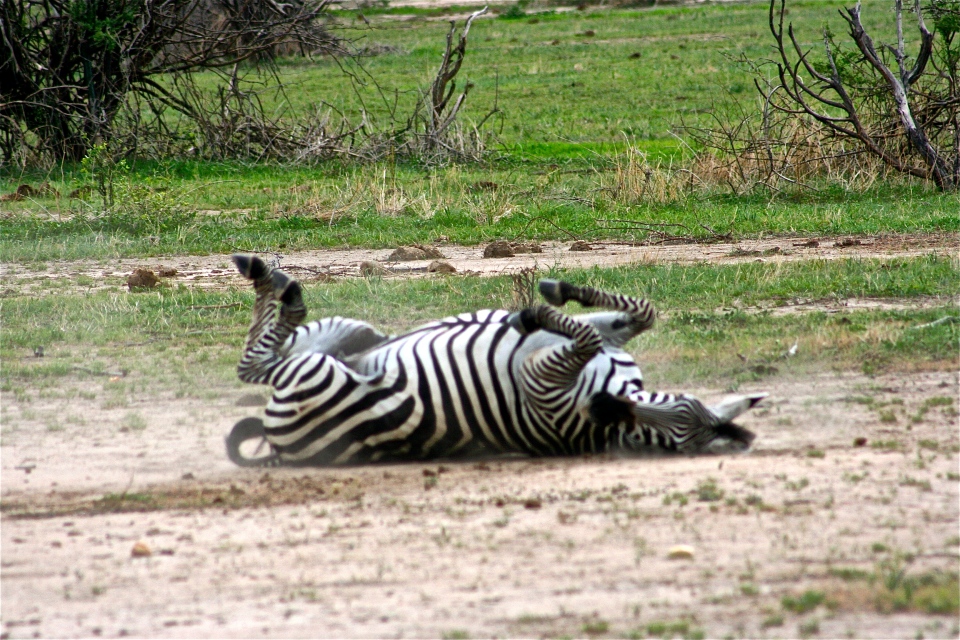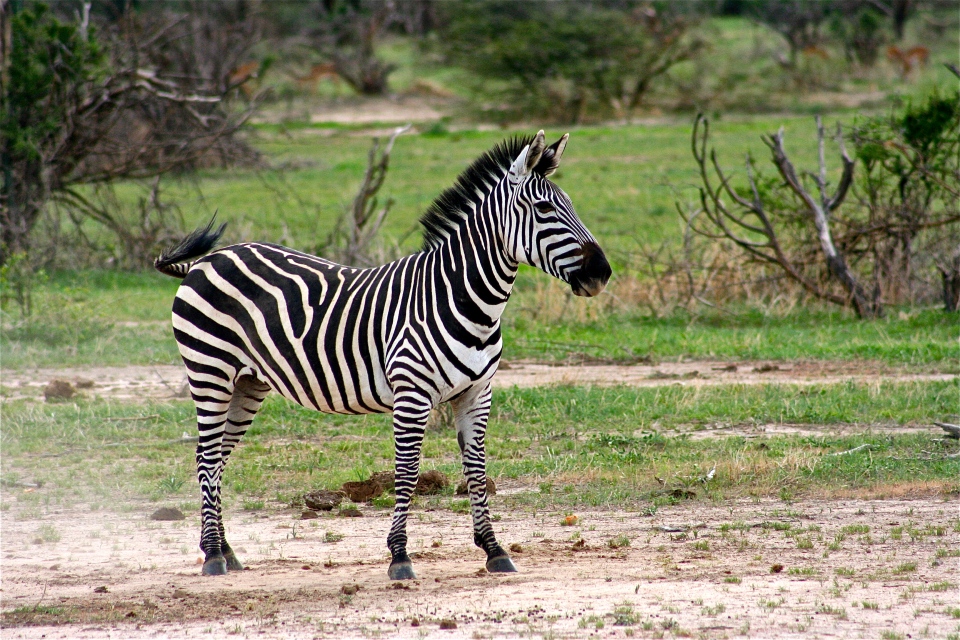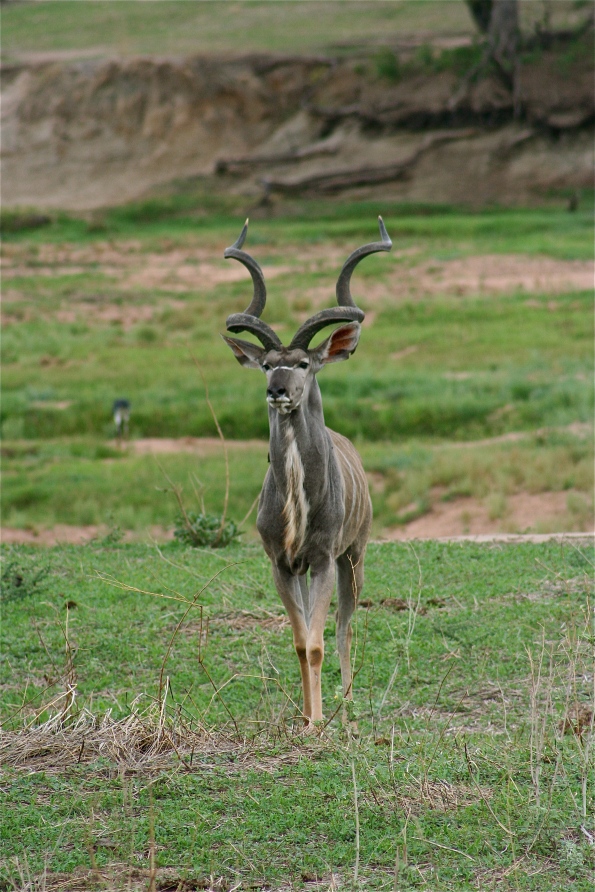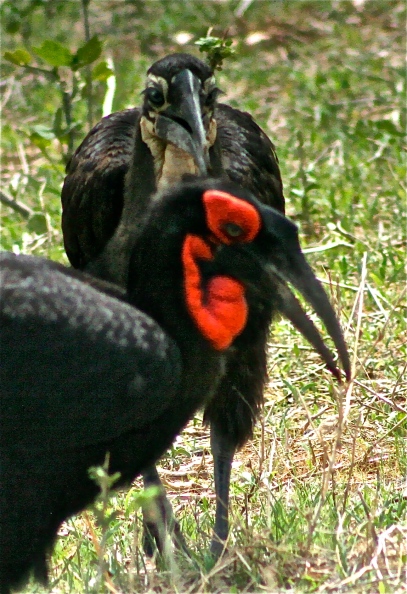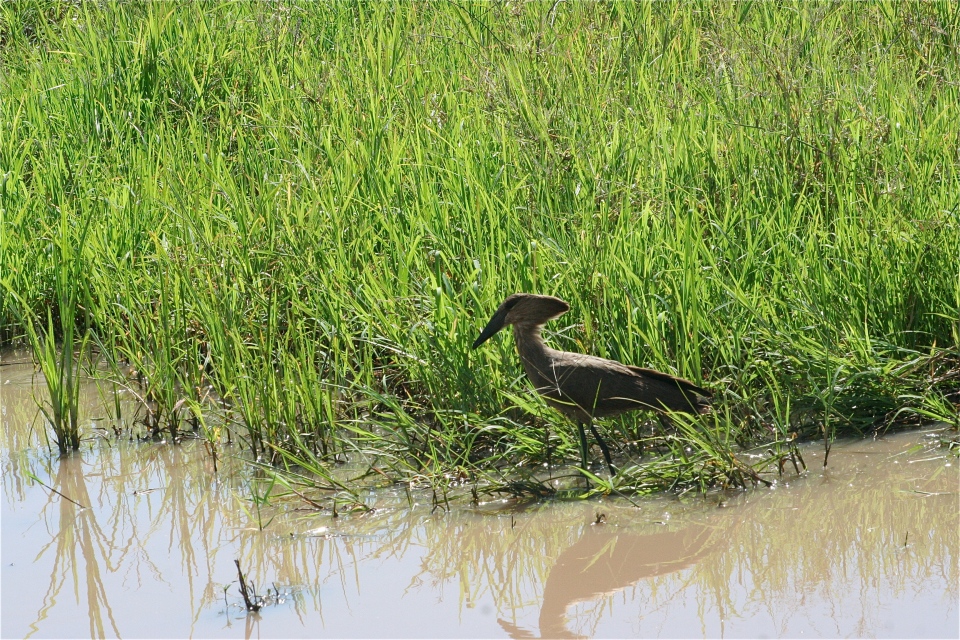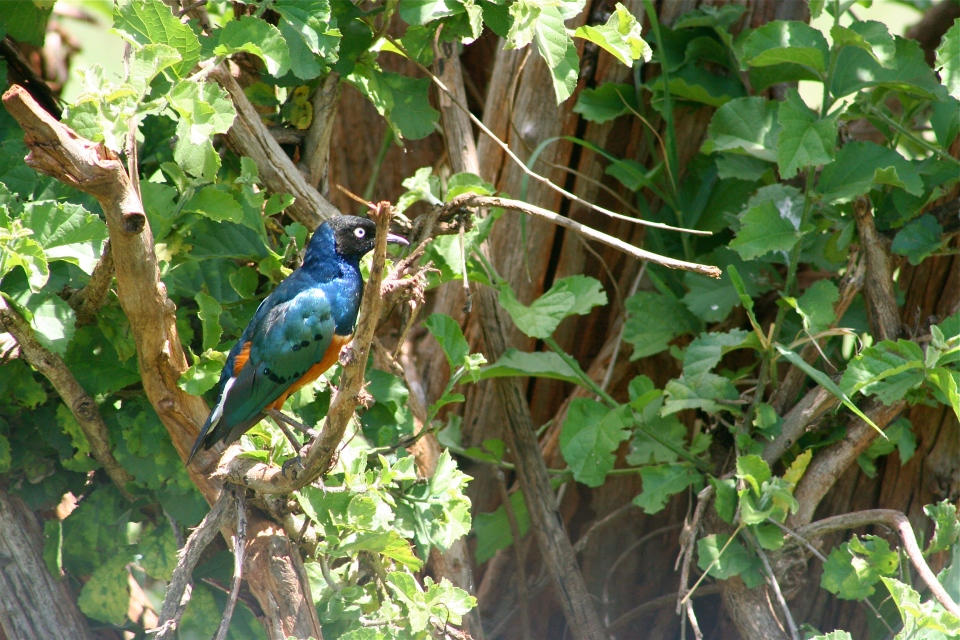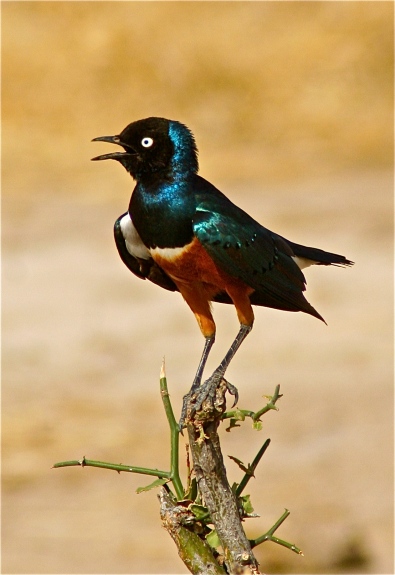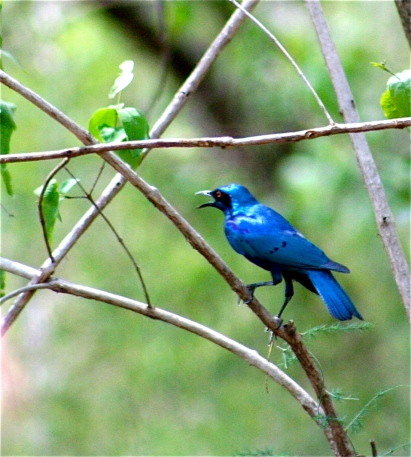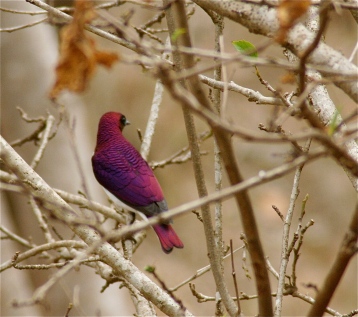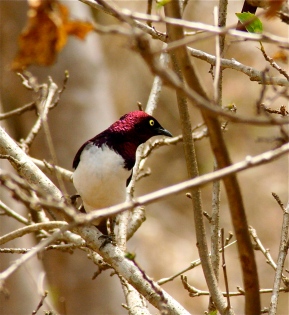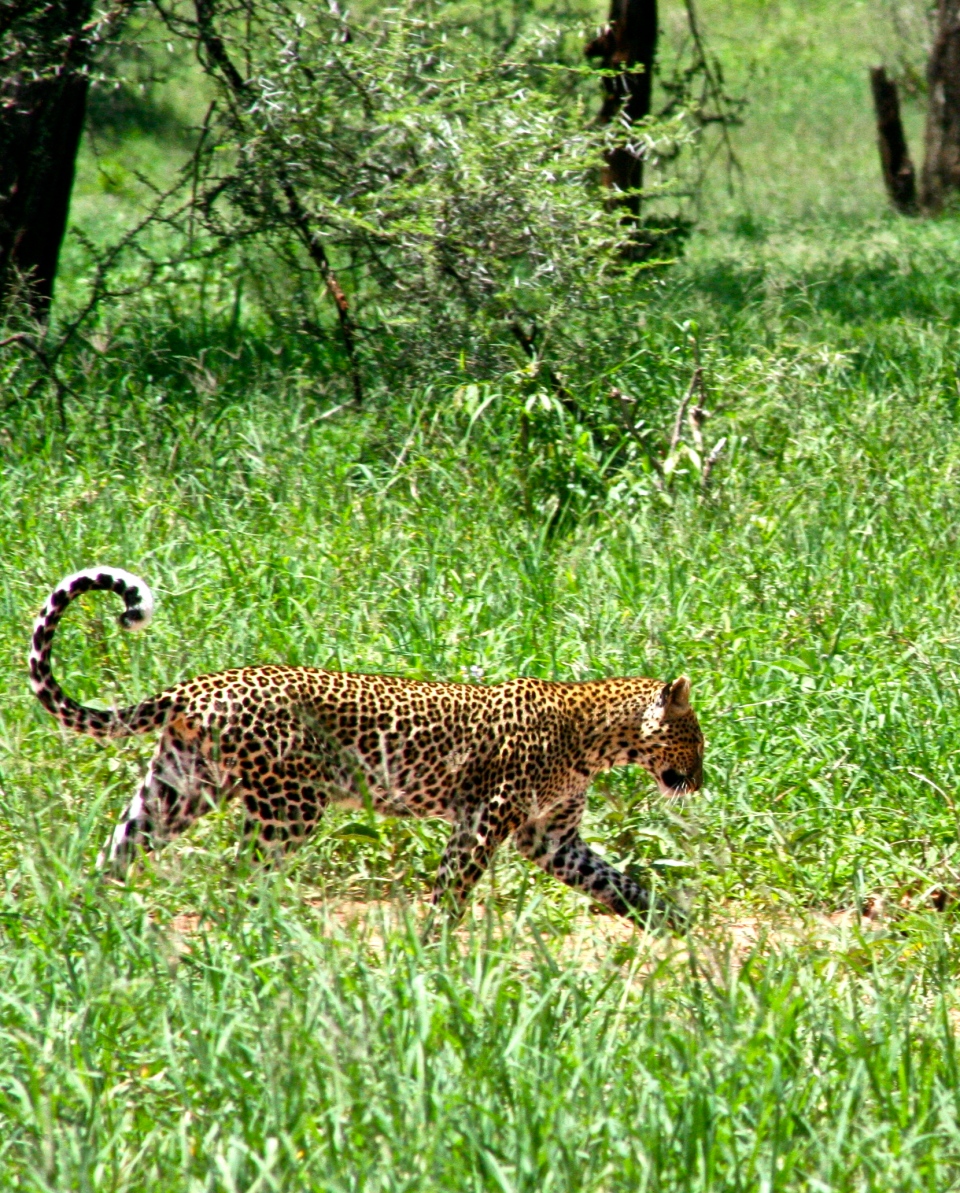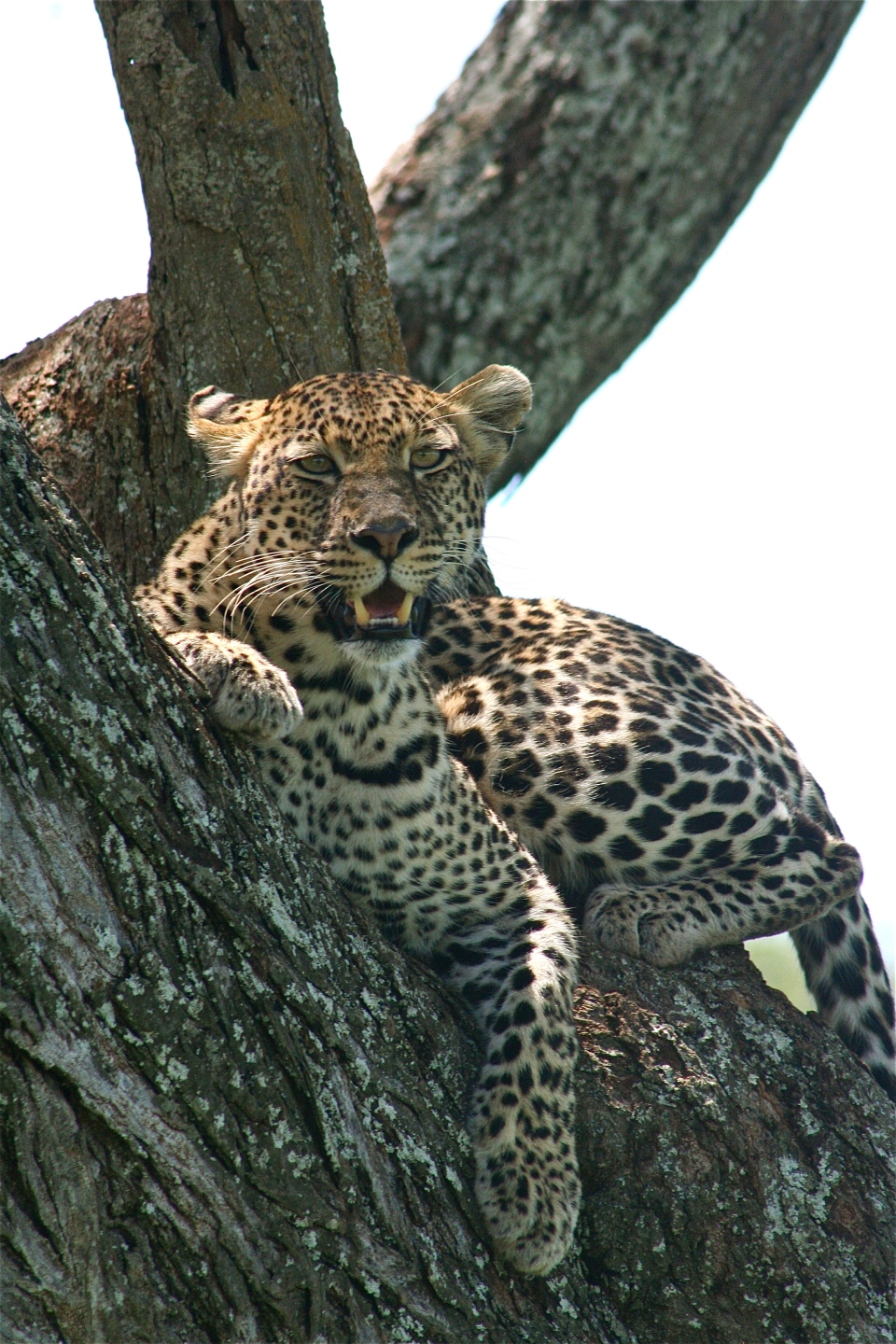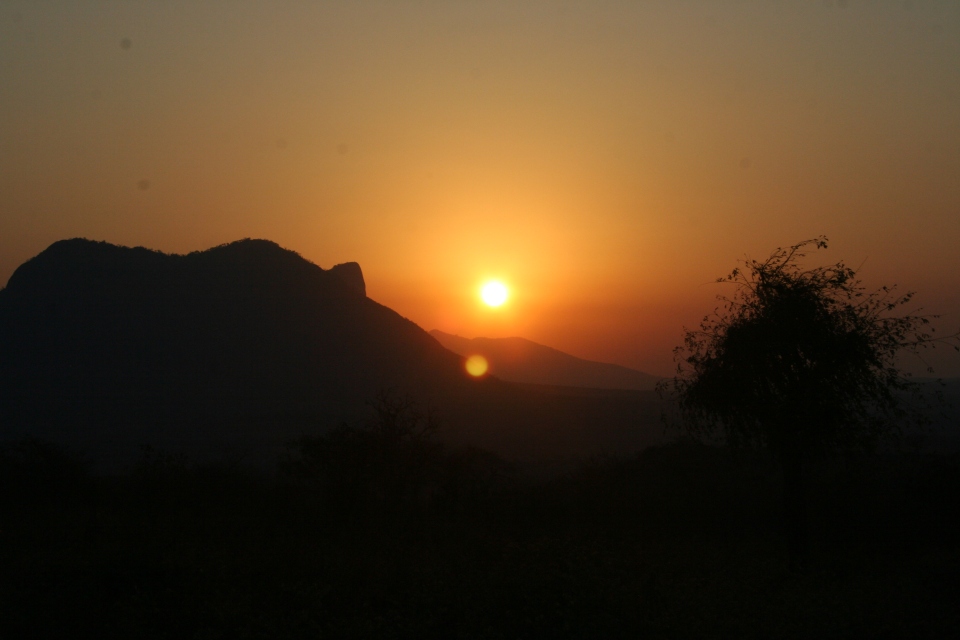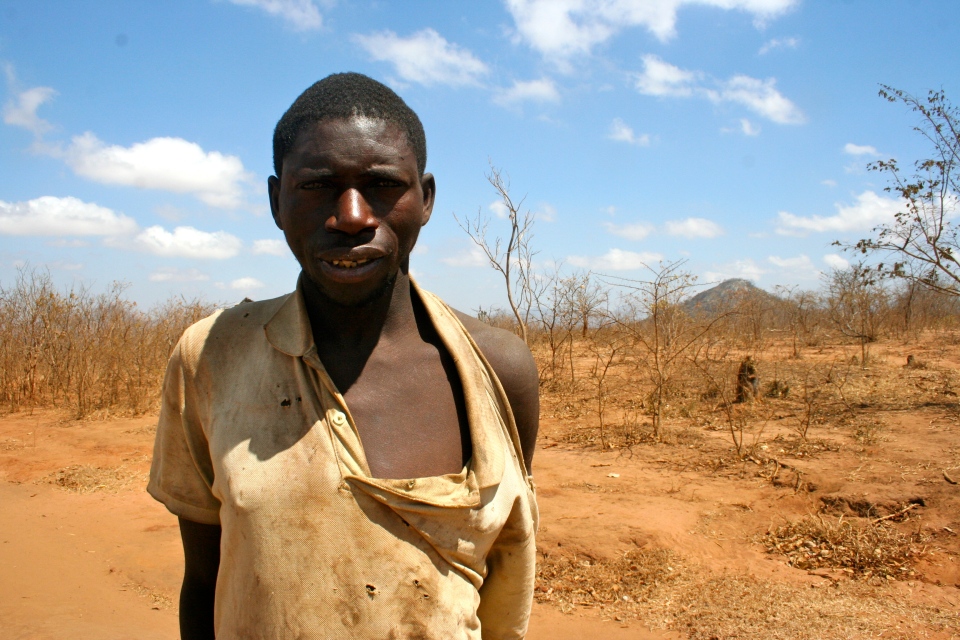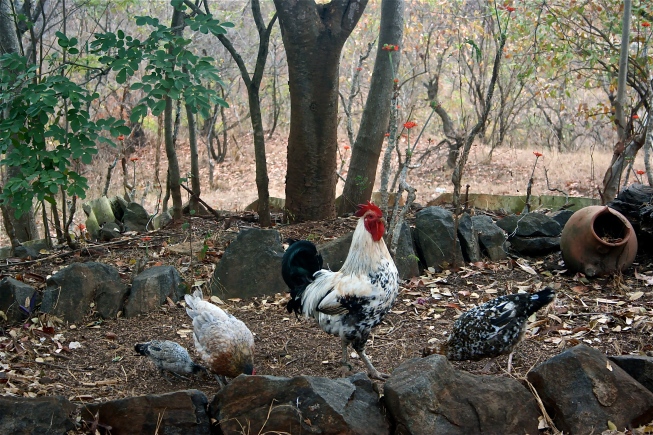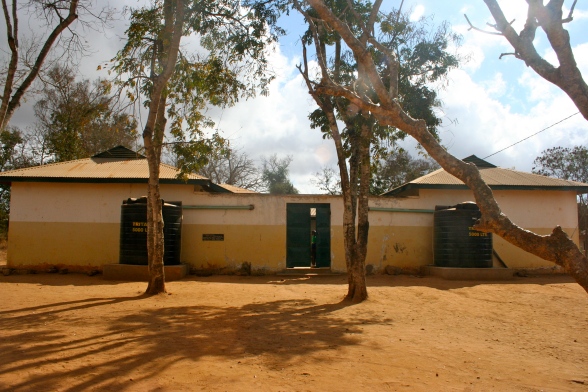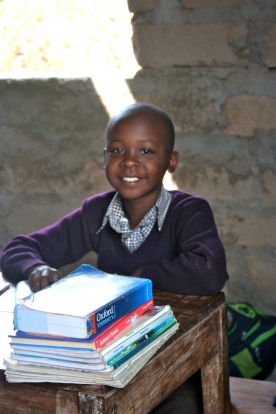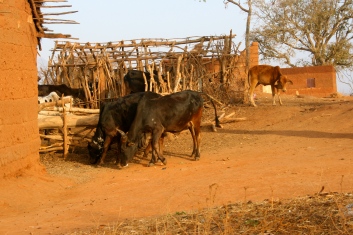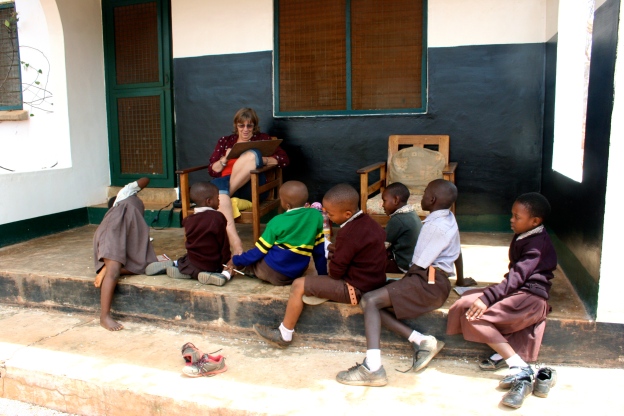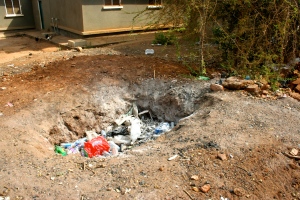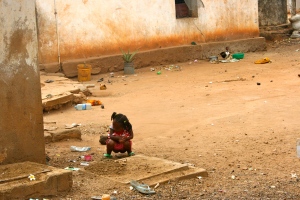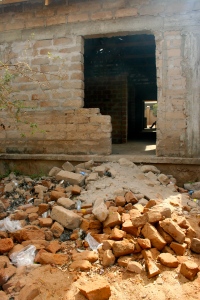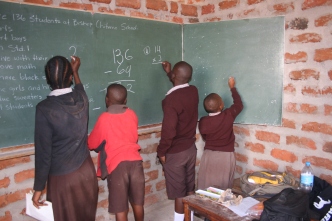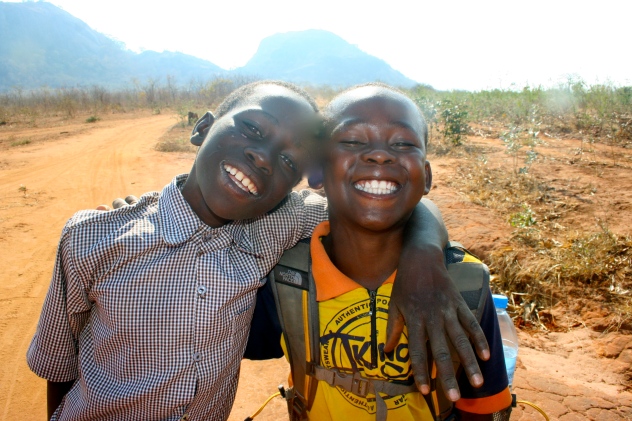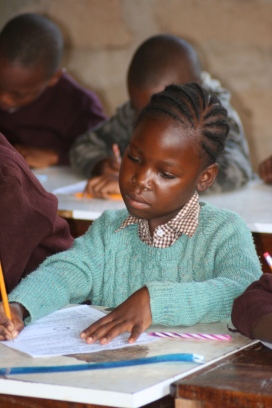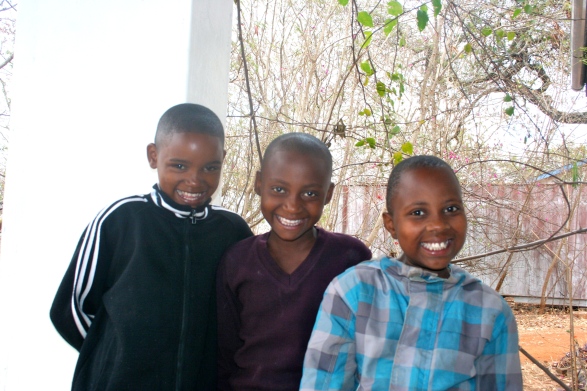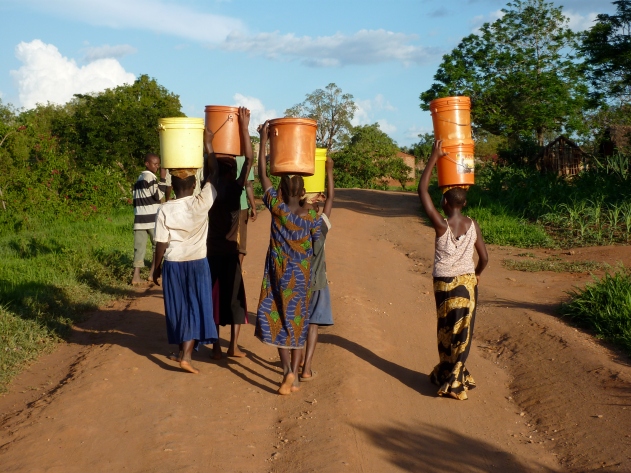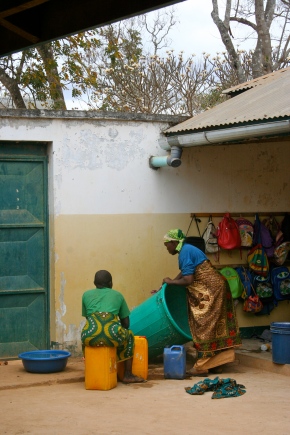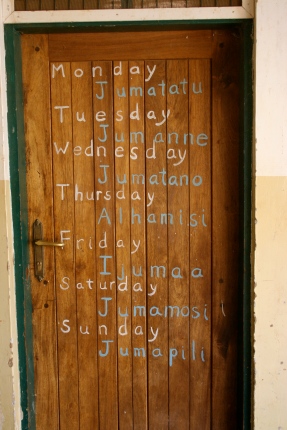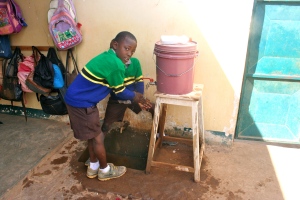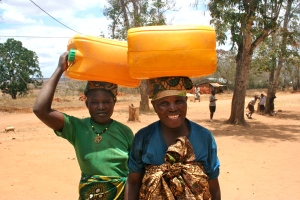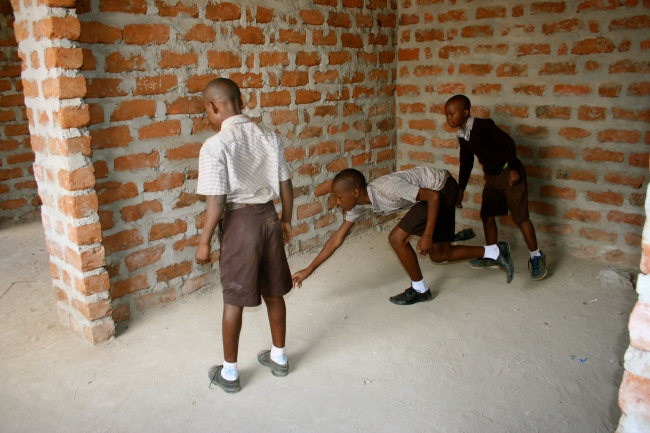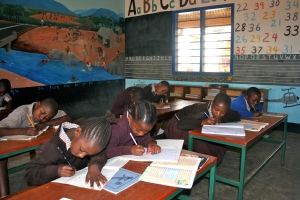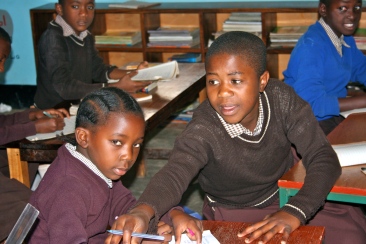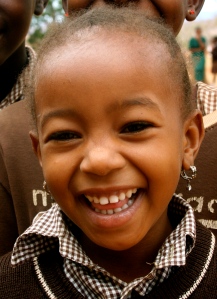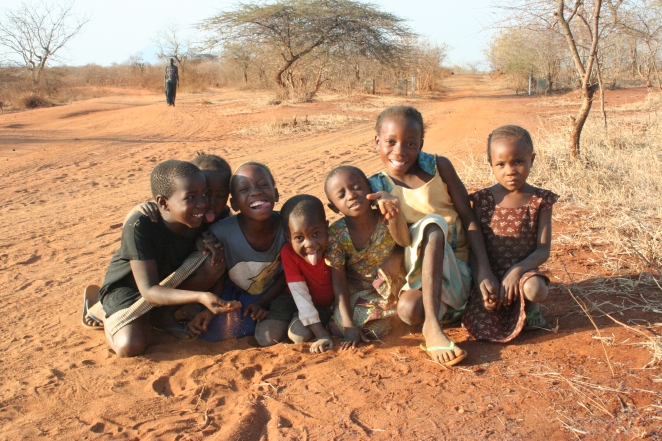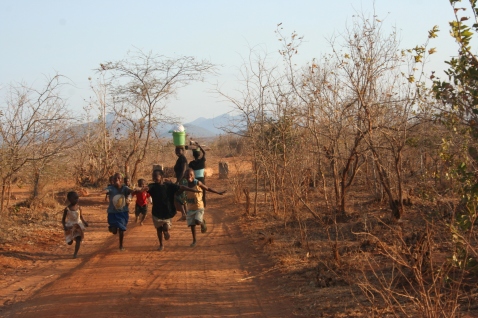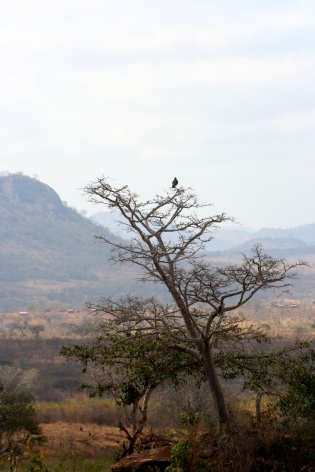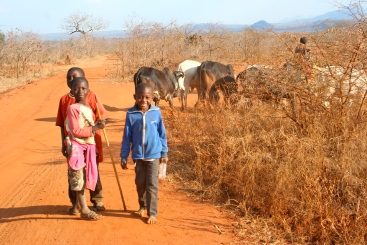“If I cannot do great things, I can do small things in a great way.”
- – Dr. Martin Luther King, Jr.
Anyone who knows me in the slightest knows that the activity in my life that runs a close second to music is reading. They’re quite the same, really. The script is different, the language is different, but both the printed music and the printed word are merely doorways. My choir director refers to the music on the page as not the music at all, but a map to get there. I would argue it is the same with a book.
I recently read Small Great Things, by Jodi Picoult. Here was a door I thought I recognized. I would’ve, without hesitation, said I knew what was on the other side. But, I would’ve been wrong. Through her story, Picoult opens the door to an aspect of racism I hadn’t really thought about before. I know it exists, or at least I’ve read about it. This is the fact that on some level, even those who self identify as non-racist have unconscious habits that are rooted in racism. Seemingly innocent actions, when experienced from the other side of the door, are actually completely different experiences.
I was deeply disturbed by this idea. As a result of my white privilege, have I offended anyone? How prevalent is this among those who strive not to be that person? I imagine it’s more than I’d like to admit. This version of racism occurs not out of hatred, but out of a lack of understanding what everyday life is like for someone “not you”. We all live in such discrete, little hamster balls and, because the balls are transparent, we ignore them and assume everyone experiences life the way we do. We’re just bumping around like mad little hamsters playing bumper cars. We collide and we get jostled. We exchange pleasantries; glasses of wine, music, ideas, laughter, even shed some tears together. We may even write and talk about what the scenery looks like, how it differs depending on where your sphere has landed. Yet, most of us haven’t rolled through any of the open doors in the room.
As I roll around through my life in my sphere, I’ve never had someone move their purse to the other side when I walked by them on the street, I’ve never had someone change seats on a bus or cross the street when I walked by. My sons never had to be taught how to respond to a police officer if stopped to be sure they don’t get shot. No one has assumed I was the help and handed me his or her coat or asked me to clean up a spill. These things don’t happen on my side of the door. I can read about this till there’s nothing left unread and still have only a shadow of an idea what it’s like to be a hamster in the next room.
However, if you’re remain aware and if you’re lucky, someone will hand you a map that leads to a door where you get a glimpse of what reality is like on the other side.
My friend and I generally end up at our favorite restaurant/bar after choir rehearsal to decompress or celebrate as needed. Last week was no exception. The proprietor, an elderly gentleman with a one-track mind and a hearing issue, began to seat us at a table tightly sandwiched between two already occupied tables. It was rather uncomfortably tight quarters that didn’t allow for much privacy – plus I was on people overload and just needed to keep people at an arms distance (or two). So, I asked if we could be seated at a table just up the row that had more “personal space’ around it. Between the general din of the restaurant, Old Guy not listening, and both my friend and I trying to communicate to each other as well as to Old Guy, I ended up having to insist, a bit louder than respectable, on being relocated. All of this didn’t last more that a minute or two, but took place practically in the laps of the couple seated at one of the two occupied tables. Eventually it all got sorted and my friend and I settled down to the business of happily enjoying our first sip of wine.
However, I couldn’t really relax. Something was persistently nagging at the back of my mind like a baby bird trying to make that first crack in its shell. I found myself glancing around the room and noticed that the couple that had a ringside seat to our mini drama with the proprietor was black. Any other time this would’ve been fleeting and unremarkable and may not have been more than a blip on the consciousness radar. It would’ve been just another nice evening at the restaurant. But, I had read the book, and I noticed. In a flash I saw how my table troubles might have appeared to them. Without insight into my motivation, it probably seemed like I had a problem sitting so close to them, because they were black.
They didn’t seem to be bothered and were enjoying each other’s company, paying no attention to me. But I was bothered. I realized they’ve probably been putting up with this type of thing all their lives. Maybe over the years they’ve learned to deal with it in some way, but so what? The fact that it’s necessary in our society for someone to have to learn to handle things like this is unconscionable. So, after a few minutes of internal debate I decided to briefly talk to them. I didn’t want that incident to be a smudge mark on their evening.
So, I approached their table, introduced myself and quickly explained that I realized how I might have come across. I briefly explained my motivation for wanting to sit in a different location. The woman thanked me and graciously passed it off as no big deal. I figured that was the end of the exchange.
But the man, oh the man! His eyes caught mine and held them deep. “Thank you, “ he said. “Thank you for saying something.” His eyes didn’t let go. What did I see in those eyes? I saw centuries of invisibility while living in plain sight. I saw that invisibility fade only when another saw a mistake, felt an unfounded fear, or thought the other was in the “wrong” place. I saw that one moment when you realize you’ve finally been seen as an equal, when your right to exist is validated – when your humanity is recognized. I saw what white privilege really is.
Most likely that man and I will not cross paths again. We didn’t exchange names or addresses. But I’m quite certain we will remember what we saw in each other eyes. A fraction of a second showed us each other’s ancestral history, made a connection, shone a light; made a small, great change in each of us.
So, I encourage you to read a good book, attend a concert or the theatre or a dance recital. Look beyond the surface ink on the page. Notice who overhears you in a public place, be aware of multifaceted interpretations of your actions or words. Notice. What do you see in someone else’s eyes?
